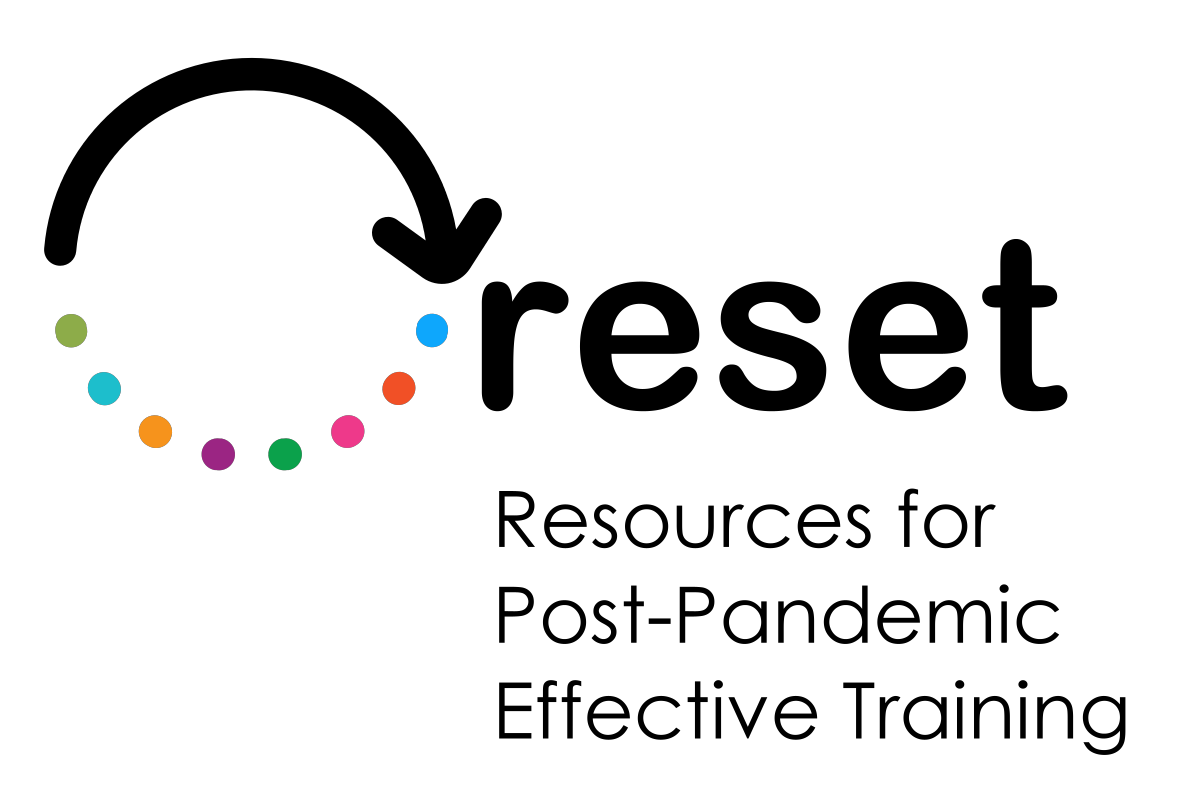 Cybersecurity Cybersecurity What is cybersecurityClick to read 
|
The online world has certain dangers that can compromise our security, and we must know how to avoid potential frauds, crimes and scams.
Cybersecurity consists of a set of practices to defend informatic systems from cybercrime. It covers many areas, such as network security, app security, data protection…
|
 |
Dangers of the InternetClick to read 
To know how to avoid potential dangers, we must be aware of them first. The most common online risks are:
- Spam: Emails without any real interest or usefulness;
- Phishing: Emails that appear to come from a legitimate source, that are intended to steal information, money or introduce malware. They may offer a product, service or reward; or on the contrary, threatening with consequences or risks if you don’t comply with the message;
|
- Malware: It’s the abbreviation of “Malicious Software”. It is a program or code designed to cause damage to the system or user, either by information theft, diminishing or altering software functionality or deleting data;
- Cyberbulling: It is harassment carried out on social networks. Through the use of profiles on social media, hostile messages or offensive content for other users are spread;
- Piracy: Piracy is the copying and distribution of copyrighted multimedia content, and is illegal when it is done for profit. Although it helps the author reach more people, it may not benefit the creator of the content, as he or she does not receive money directly from it. Users can also be harmed by downloading files from unsafe sites, which may be fake or contain malware.
|
 |
|
All these cybercrimes may bring serious consequences:
- Identity theft.
- Information theft or ransom.
- Computer equipment damage.
- Communication interruption.
- File corruption.
- Denial of service.
- Personal damage.
|
|
Tips for staying safe onlineClick to read 
- Keep your software, browser, and other applications that have access to your information up to date;
- Value your privacy. Do not share personal information on the Internet;
- Do not trust suspicious links or emails. Do not open emails that identify themselves as a known company, but to which you have not provided your contact or information. A hint that can help us detect a fake message are the spelling or writing mistakes;
- Do not open any links attached to unsolicited emails or emails from strange senders. We can know that a page is secure if it starts with https://, although we must take into account that not all safe pages have authentic or valid content;
- Investigate before downloading files or installing applications, as they may infect your device;
|
 |
- Use strong passwords, with +8 characters and a combination of numbers, letters and symbols. Avoid using personal information (such as your name or birthday). Do not write your passwords down;
- Practice netiquette. Netiquette is a set of rules and tips to guarantee a healthy online coexistence. This includes polite communication, treating others as you would in real life and respect other users’ time.
|
 Data protection Data protection What is data protection?Click to read 
|
Every electronic device has sensible information we must protect from the dangers of the Internet, such as personal data, profile passwords, location, IP address….
Because of this, we must only browse safely on the Internet, but also protect our device from any external threat.
|
 |
Data protection tipsClick to read 
To ensure that all this confidential information is protected from any cyber threat, we can follow some tips:
- Install an antivirus. An antivirus is a program that detects malware, blocks it and removes it to prevent it from infecting your device. In the next section we will learn how to choose an antivirus;
- Create backup copies. They are essential to avoid losing our files and information. There are two ways to store our backup: in the cloud or on an external hard drive. It is advisable to have both;
- Update your software. Both your operating system and your applications should be kept up to date so that they can provide you with the highest level of security;
- Avoid connecting to public Wi-Fi networks or unknown devices. Disable automatic connection as your devices could be linked to strange networks without you being aware of it. Make sure that they are 100% trustworthy before connecting;
|
 |
 |
- Private or personal Wi-Fi networks must be configured. Change the router’s default passwords (as they are easy to hack) and disable the remote management function. For greater protection, we can allow WPA2 or WPA3 configuration. VPN (Virtual Private Network) is an option that guarantees the protection of the connection while browsing;
- If you suspect that your device is already been infected (due to malfunctions, such as spam pop-ups…) avoid using or transmitting sensible information until your device has been scanned and cleaned;
- Be careful with what you post. Social networks are accessible to everyone, so everyone can see the content you post. Be mindful of the comments and photos you post, and avoid revealing personal information such as locations or passwords.
|
Learn how to choose an antivirusClick to read 
There are 4 main types of antiviruses:
- Preventive antivirus. They analyse all data movement to detect threats, so they can prevent malware.
- Identifier antivirus. They track the device to find malware. They look for anomalous behaviours.
- Decontaminating antivirus. Removes malware once the device has already been infected.
- Heuristic antivirus. They simulate the execution of various programs to detect anomalous behaviors in an isolated way.
There are hundreds of antiviruses available; however, not all of them are the same. When choosing an antivirus, there are a series of criteria to take into account.
- Compatibility
- Functionality
- Reliability
- Frequent updates
- Versatility
- Performance capability
Among the most used free antiviruses we can find:

 Summing up Summing up Summing upClick to read 
|
 Test Yourself
Test Yourself


